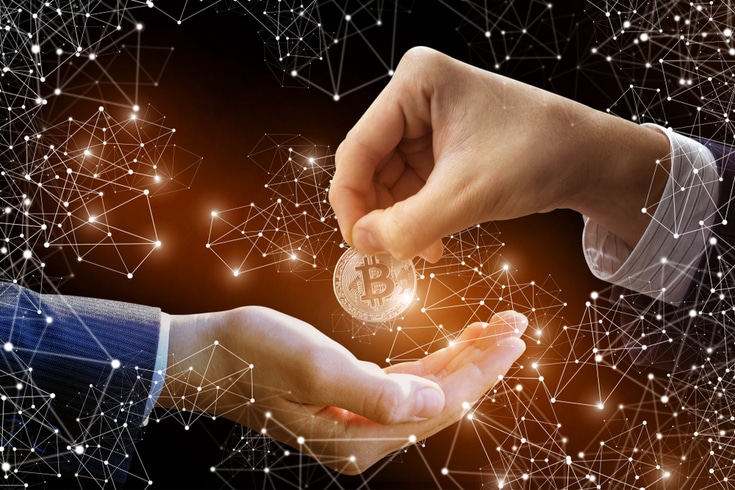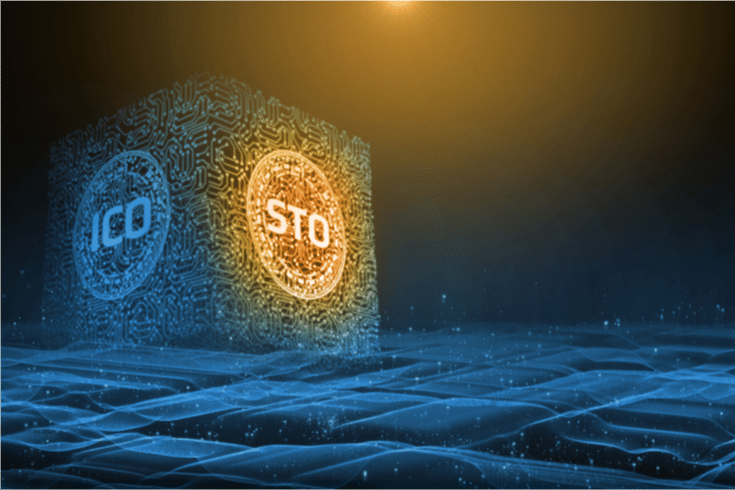What Are the Rules Under Japanese Law Governing the Issuance, Holding, and Transfer of NFTs?
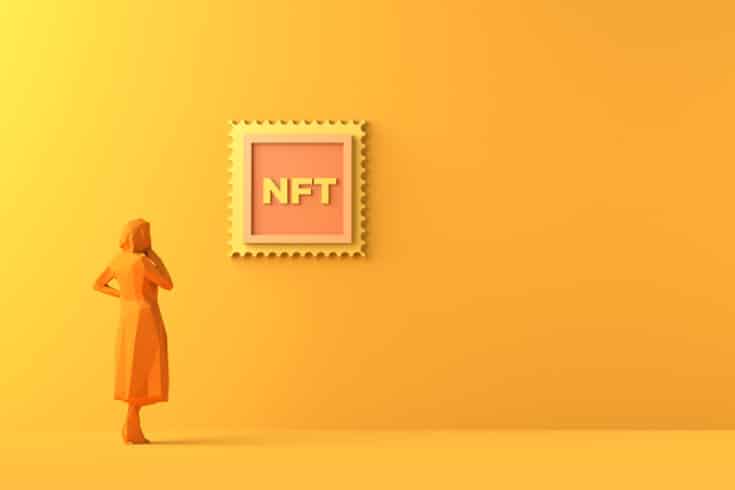
Needless to say, NFT is a technology that is gaining traction around the world, and anyone can now issue NFTs. However, few people are aware of the points to consider when issuing NFTs in accordance with Japanese law.
Furthermore, issued NFTs are frequently held or transferred, and it is critical to understand how these holdings and transfers are treated under Japanese law when NFTs are issued.
Here in this article, we will explain the points to consider when issuing NFTs in relation to Japanese law, as well as the legal implications of holding and transferring NFTs, for businesses considering issuing NFTs.
A Brief technical explanation of NFT
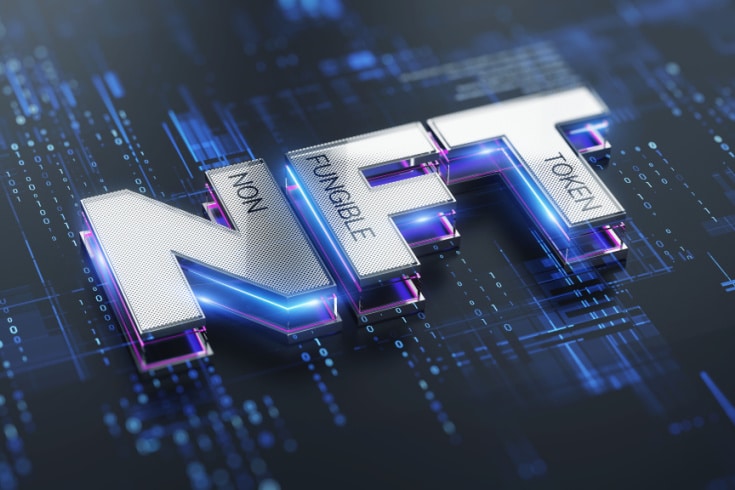
NFT stands for Non-Fungible Token, which is a token that cannot be substituted. Token can also refer to a sign or symble, but it is frequently used in multiple contexts, such as the smallest unit of meaning, a substitute currency, or evidence.
What does the issuance of an NFT represent?
The creation of a token linked to digital content or something else is referred to as the issuance of an NFT.
In some cases, NFT issuance also refers to the transfer of an NFT created by the NFT creator to a third party.
NFTs are linked to specific digital content on the blockchain. As a result, no one can easily duplicate or multiply the number of tokens. Using this system, we can give digital content a distinct value and increase its scarcity.
To avoid problems when issuing NFTs, it is crucial to understand the Japanese legal meaning and rights of holding and transferring issued NFTs.
Difference between NFT Art and Art NFT
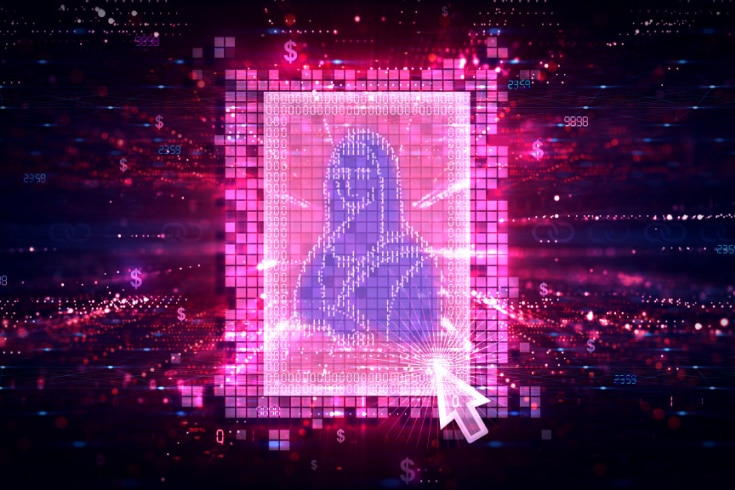
NFT is used in two concepts: NFT Art and Art NFT.
NFT Art and Art NFT are very similar terms, but if you do not understand the distinction between the two, you may find yourself in unexpected trouble.
There are some differences between NFT art and art NFT as follows.
First, “NFT art” refers to the tokenized artwork itself. In other words, it refers to the artwork that is the source of the art NFT.
Second, “art NFT” does not mean the artwork itself, but the token associated with the artwork.
As a result, it is critical to understand the distinction between NFT art and art NFTs. If NFTs are issued without understanding the distinction, a person who purchases an art NFT may believe that because he/she purchased an art NFT, he/she also has rights to the NFT artwork that is the basis of the art NFT, which may cause problems.
Thus, if both parties to an NFT transaction are unable to distinguish between NFT art and art NFT, a perception gap may develop between the parties, potentially resulting in trouble.
The legal significance of NFT “holding” and “transfer” in Japan
The concepts of “holding” and “transferring” exist in NFTs. You could have issues with your transactions if you do not know what “holding” and “transfer” mean in terms of Japanese law. An explanation of “holding” and “transferring” NFTs can be found below.
Holding of NFTs
When considering the idea of possession, it helps to understand it in relation to the idea of ownership.
First, let us consider the concept of possession. Only “tangible” objects are regarded as the object of ownership under the Japanese Civil Code (民法); intangible objects are not. Additionally, because NFTs are tokens connected to digital content, they are intangible rather than tangible objects.
NFTs are therefore intangible objects that no one is permitted to possess under the Japanese Civil Code (民法).
As a result, if your rights to NFTs are violated by others, you cannot claim ownership of the NFTs and exercise your rights based on your ownership rights.
Some may believe that if the concept of ownership is not recognized in NFTs, they cannot be protected under the Japanese Civil Code (民法) and that conducting a transaction with them is pointless. However, the fact that the Japanese Civil Code (民法) does not recognize ownership rights over NFTs does not preclude us from claiming such rights. We would employ the concept of possession rather than ownership.
NFTs are unique in that they can only be handled by those who have access to the private keys stored in blockchain wallets. As a result, we can effectively own them. This exclusive control or possession is what we refer to when we talk about holding an NFT.
Transfer of NFTs
Some may believe that NFTs cannot be transferred because there is no concept of ownership in NFTs.
However, in the case of NFTs, ownership information and transaction history are stored on the blockchain. As a result, it is possible to make a transfer by transferring rights to another person.
The relationship between NFT holdings and copyrights
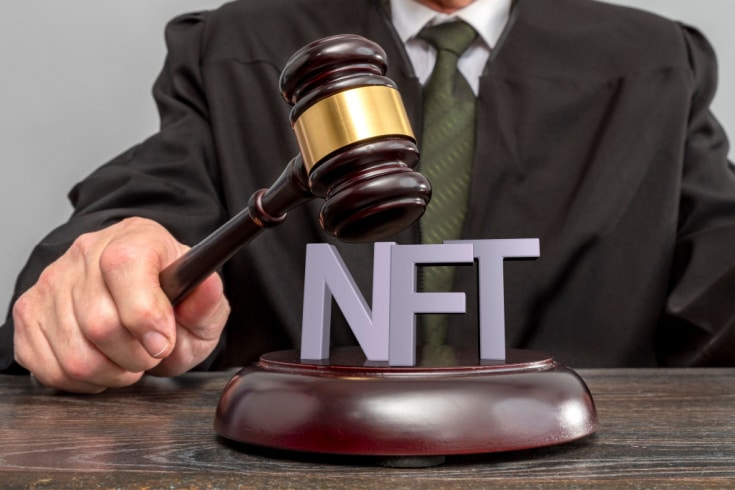
It is necessary to consider the relationship between the possession of NFTs and copyrights under Japanese law when determining the value of NFTs. The question is whether the Japanese legal copyright in the NFT art can be transferred along with the NFT art transaction.
If the copyright of the NFT art is transferred along with the transaction of the NFT art, the owner of the NFT art will acquire the copyright of the NFT art.
In Japan, it is generally considered that it is not possible to transfer the copyright of NFT art has been reached between the parties simply by conducting an NFT art transaction.
Therefore, as a general rule, even if one conducts an art NFT transaction and holds an art NFT, it does not mean that one acquires the copyright of the NFT art.
However, the copyright holder of NFT art may transfer the copyright if he or she conducts an NFT art transaction with another party and the parties reach an agreement on the transfer of copyright at that time. In Japan, such an agreement is not illegal. Thus, the copyright of NFT art can be transferred along with the art NFT transaction.
However, a number of issues must be addressed before moving forward and realizing a system in which copyrights can only be transferred via NFT token transactions.
For example, the copyright holder of NFT art may agree to transfer the copyright to another party, but no transaction involving the NFT art is carried out. In such a case, the art NFT and the copyright would not coincide, and the copyright would be inaccessible even if the art NFT was owned.
As a result, there are many cases in Japan where a copyright license is obtained by holding an art NFT, rather than allowing the acquisition of a copyright by holding an art NFT.
The holder of an art NFT can obtain the benefit of being able to use the copyright work under this mechanism, but the holder of the art NFT cannot acquire the copyright by holding the art NFT.
Summary: Points to consider when issuing NFTs
In this article, we discussed the factors to consider when issuing NFTs and the legal implications of holding and transferring NFTs for businesses considering issuing NFTs for the Japanese market.
There are aspects of Japanese law that are not fully developed in relation to NFTs. As a result, dealing with new businesses under existing Japanese laws can be difficult in some cases. We recommend that businesses considering issuing NFTs in the Japanese market consult with a Japanese law firm with expertise in this area.
Category: IT


